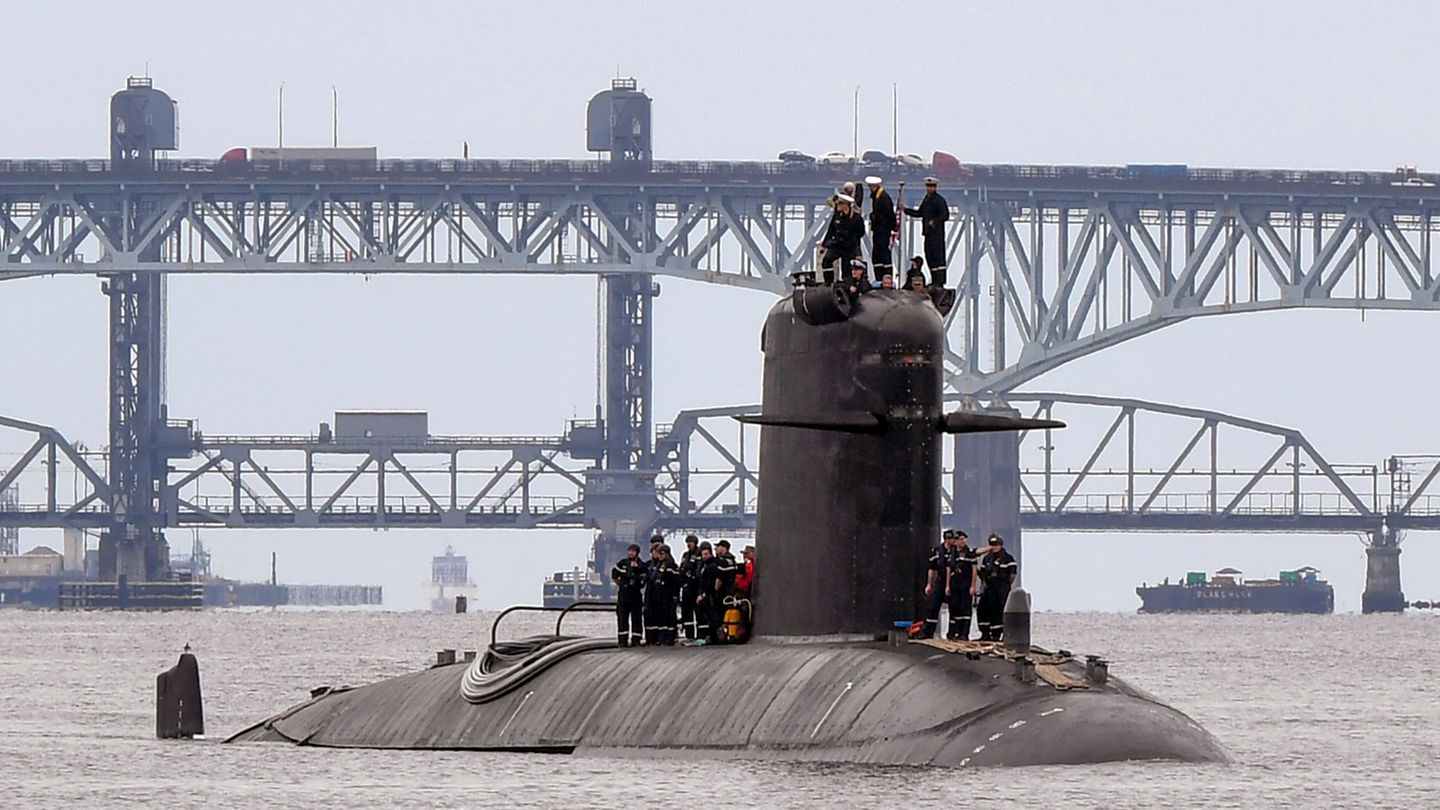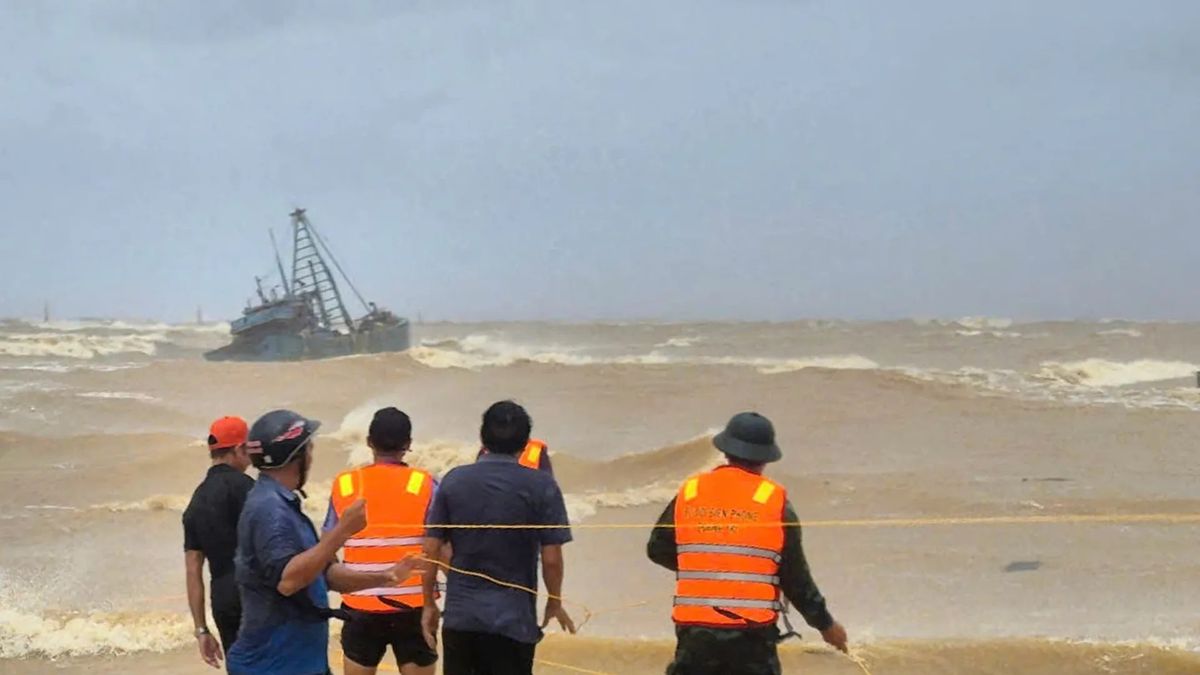France had already reacted very angrily to a failed submarine deal with Australia, which instead preferred a deal with the United States. Now Paris is also sending a clear diplomatic signal.
In anger over the failed submarine deal with Australia, France has called its ambassadors from Washington and Canberra back for consultations. Foreign Minister Jean-Yves Le Drian said on Friday that this “extraordinary” move was in response to the “extremely serious” announcements made by the governments in Washington and Canberra. The US, UK and Australia had previously announced a new security alliance for the Indo-Pacific – which led Australia to shatter a multi-billion dollar submarine deal with France.
It is the first time in the history of US-French relations that Paris has called its ambassador back from Washington. A reception planned for Friday at the residence of the French ambassador in Washington had already been canceled in protest.
The French reaction sparked regret in Washington. “We regret that you took this step,” said a White House representative. “In the future, we will continue to work to ensure that our differences are overcome, just as we did at other moments in our long partnership.”
Foreign Office spokesman Ned Price expressed understanding for the anger in Paris and the hope to be able to discuss the issue at a high level with the French side at the general debate of the UN General Assembly next week in New York. France is a very important and “our oldest partner,” said Price. “We think our relationship is extremely valuable.”
In view of China’s expansion efforts in the economically important Indo-Pacific region, Washington, London and Canberra announced their new alliance on Wednesday. Among other things, it provides for Australia to benefit from US technology in the construction of nuclear-powered submarines and from know-how in cyber defense. The US also wants to expand its military presence in Australia.
“Contract of the century” for a turnover of 31 billion euros
Shortly after the agreement was announced, Canberra canceled the planned multi-billion dollar submarine deal with France. The contract for the delivery of twelve diesel-powered French submarines had a volume of 31 billion euros when it was signed in 2016. There was often talk of a “treaty of the century”.
Foreign Minister Drian had accused the government in Canberra of having “stabbed Paris in the back”. This is not a deal among allies. He accused US President Joe Biden of having made a “brutal” decision based on the motto of his predecessor Donald Trump – “America first”.
Biden has declared the rivalry with the emerging great power China to be the top topic of his foreign policy and justified the US withdrawal from Afghanistan, among other things, with the changed priorities of Washington.
China has long been pursuing an aggressive strategy in the Indo-Pacific that worries a number of neighboring countries. This involves territorial claims in the South China Sea, through which important maritime trade routes run. Since 2018, the conflicts in trade relations between Beijing and Canberra in particular have steadily intensified. China recently imposed severe sanctions on numerous Australian products.
China described the new Indo-Pacific Pact of the three western states as “extremely irresponsible”. This would undermine regional peace and stability, it said in Beijing.
Australian Prime Minister Scott Morrison said that China has every right to make decisions in the national interest for its defense – “and that of course also applies to Australia and all other countries”. Australian Foreign Minister Marise Payne said of the dispute with France that “there are now very difficult issues to deal with”. Australia will continue to work “constructively and closely” with France.
In Paris it was said that Australia’s trustworthiness was now questionable. European Secretary of State Clément Beaune said, referring to the trade talks between the EU and Australia, he did not see “how one can trust the Australian partner”.
David William is a talented author who has made a name for himself in the world of writing. He is a professional author who writes on a wide range of topics, from general interest to opinion news. David is currently working as a writer at 24 hours worlds where he brings his unique perspective and in-depth research to his articles, making them both informative and engaging.




